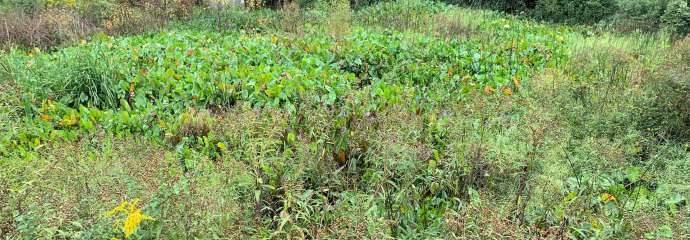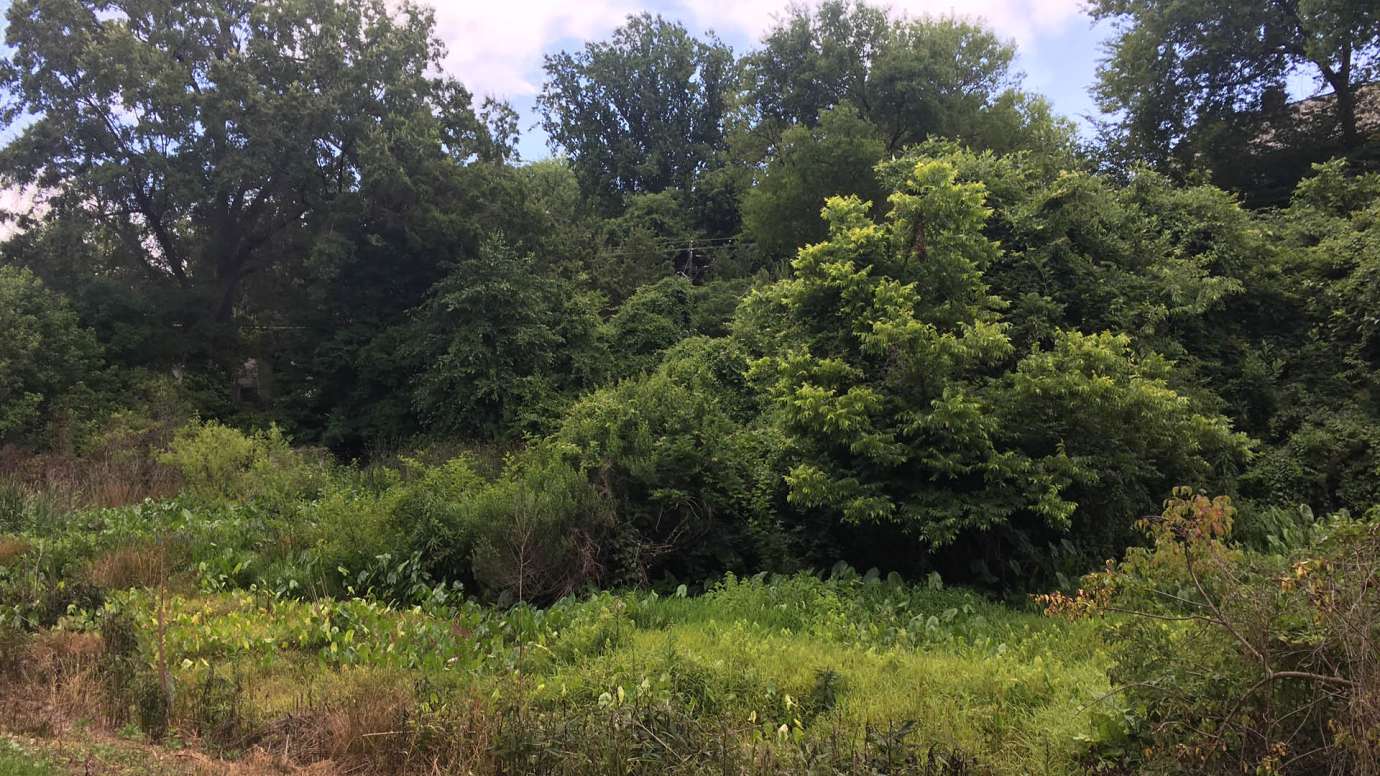The Fletcher Wetland Repair project will involve repair and restoration of the man-made stormwater wetland originally constructed in 2007. Repairs are necessary to restore stormwater control measure function and improve aesthetics at the park.
Project Details
- Type:
-
Stormwater
- Budget:
-
$125,000 (estimate)
- Project Lead:
-
Stormwater Management
- Contractors:
-
AECOM


